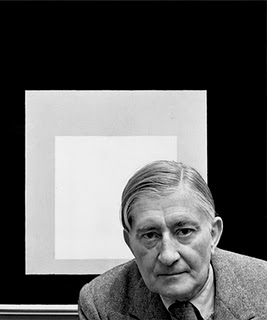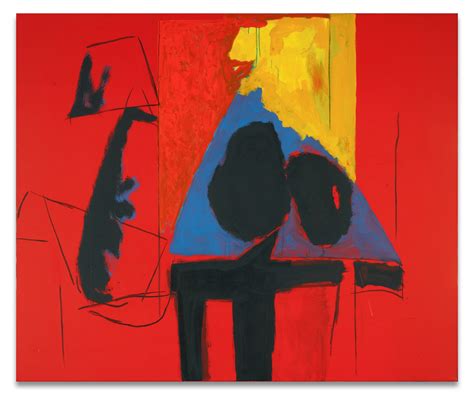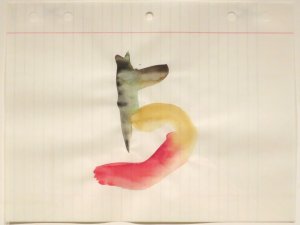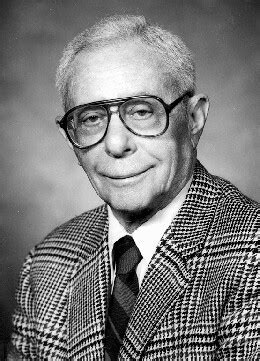A Quote by Josef Albers
Thus art is not an object, it is an experience.
Quote Topics
Related Quotes
The experience of beauty is in the eye of the beholder, as they say. The artist's relation to the object of beauty, how the art makes that happen, is a whole other subject. Beauty is an event. Beauty is something that happens. There is no such thing as a beautiful object or a beautiful woman. These things do not come near it - the experience of beauty, the event of beauty. The anxiety about it is what makes it such a central concern of culture and makes us so interested in it.
When objects are presented within the context of art (and until recently objects always have been used) they are as eligible for aesthetic consideration as are any objects in the world, and an aesthetic consideration of an object existing in the realm of art means that the object's existence or functioning in an art context is irrelevant to the aesthetic judgment.
The seeing of objects involves many sources of information beyond those meeting the eye when we look at an object. It generally involves knowledge of the object derived from previous experience, and this experience is not limited to vision but may include the other senses: touch, taste, smell, hearing, and perhaps also temperature or pain.
God is not a person; God is manifestation itself. We think that God is a superhuman person, but God is not a person. He is not a subject. We can never experience God in a subject/object experience. God is what makes a subject/object experience possible. We can never see God or experience God as separate from ourselves. God is a being but there is no division.
Romance lives by repetition, and repetition converts an appetite into an art. Besides, each time that one loves is the only time one has ever loved. Difference of object does not alter singleness of passion. It merely intensifies it. We can have in life but one great experience at best, and the secret of life is to reproduce that experience as often as possible.
The object is evident in the name of the discipline. Similarly, theology (theologia) is the study of God. The object of theology is not the church's teaching or the experience of pious souls. It is not a subset of ethics, religious studies, cultural anthropology, or psychology. God is the object of this discipline.








































